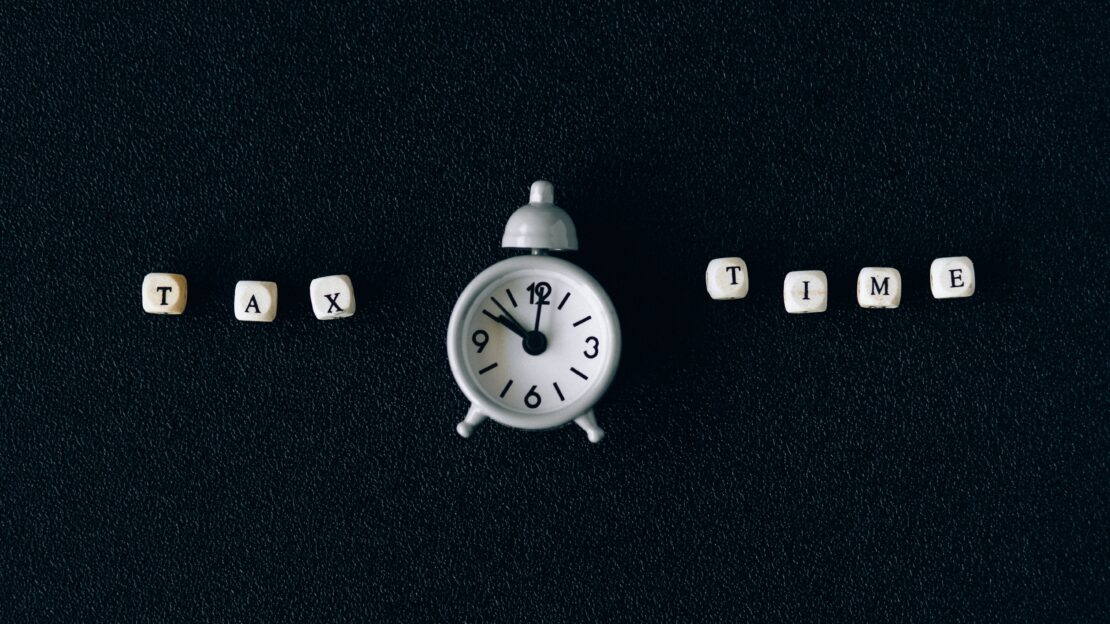If you are a sole trader, unincorporated partnership, or limited liability partnership and have a year-end that is not 31 March or 5 April, the way in which HMRC assesses your profits will be changing.
As a result of this basis period reform, you may wish to align your year-end to 31 March or 5 April to reduce complexity and expense.
If your accounting period is between 31 March and 5 April, the following change will not affect you. Also, it will not affect limited companies.
Some background
Your accounting year-end is the last day of the period that you prepare your accounts to. You can choose what your accounting date is and accounts are prepared to this date every year.
There are different rules for the first tax year when trading has begun. In this first year, individuals are taxed on their profits from the date they started trading to the end of the tax year (5 April).
What is changing?
For the tax year 2024/25, HMRC wants unincorporated businesses to be taxed on their profits generated between the start and end of the tax year, from 6 April to 5 April, affecting how they must fill in their tax return.
Consequently, if a business has an accounting year-end of 31 December (for example), its profits must be apportioned from two accounting periods to match the new timeline. Estimated profits may have to be included, if accounts aren’t finalised for the tax return deadline.
Transition year & overlap relief
6 April 2023 to 5 April 2024 will be designated as a transition year.
If your year-end is not 31 March or 5 April, you may have paid the tax twice on some of your profits when you first became self-employed, or in 1997, when self-assessment began, whichever is later. If this is the case, you may be entitled to overlap relief.
Overlap profits can arise where your business year-end date is not the same as the end of the tax year and can be used to reduce the profits on your final tax return, when a business ceases trading, or if the accounting period changes. The relief will be based upon the profits made in the first year of trading.
For more information on overlap relief, read our previous article.
A consequence of the change outlined above, will be that the tax you owe for the 2023/24 tax year will include more than 12 months profits. It will include the 12 months to the accounting year-end that falls in the 2023/24 tax year, plus the remaining months actually in 2023/24 tax year.
i.e.
If you have a year end of 31 December 2023, the profits will be:
Annual period 1 January – 31 December 2023 (12 months)
Transitional period 1 January – 5 April 2024 (3 months)
Any overlap profits available will be deducted from this.
Any tax liability generated from the transitional period only (in the above example this is the 3 months) can be paid over a five-year period. To ease cash flow the first instalment would be due by 31 January 2025 along with 12 months of the usual annual taxable profits.
You may choose to spread the transitional period charge over a shorter period than the 5 years, or even pay the full amount by 31 January 2025, if preferred.
Any profits from the transitional period will not impact income with regard to the pension annual allowance or High Income Child Benefit charge; but will affect personal allowance tapering and potentially push taxpayers into higher marginal rates of tax.
So, what can you do?
It’s up to you whether you change your accounting period, as you’re entitled to use whatever accounting date is best suited to your business. However, most businesses are likely to align their year-end with the tax year to reduce complexity and expense.
Unless you have a significant commercial reason for sticking to your previous accounting date, it’ll probably be more convenient for you to change, so you won’t have to apportion profits on your tax return every year. Also, maintaining a different year-end will most likely see your accountancy fees increase, as financial accounts will need to be prepared alongside estimated figures up to 31 March or 5 April.
In addition to this, changing your accounting date will mean less compliance burden when filing your Self-Assessment Tax return.
We would suggest you review your future tax liabilities, in relation to when and how these will become payable. It’s worth being tactical, as deciding how to change your accounting year-end can affect the amount of profits available and consequently alter the tax implications. Consider how to best manage your cash flow through this change period.
This is your opportunity to plan ahead. It’s better to begin thinking about this change in advance, so that the administration demands involved are as approachable as possible. Get ahead of the game.




